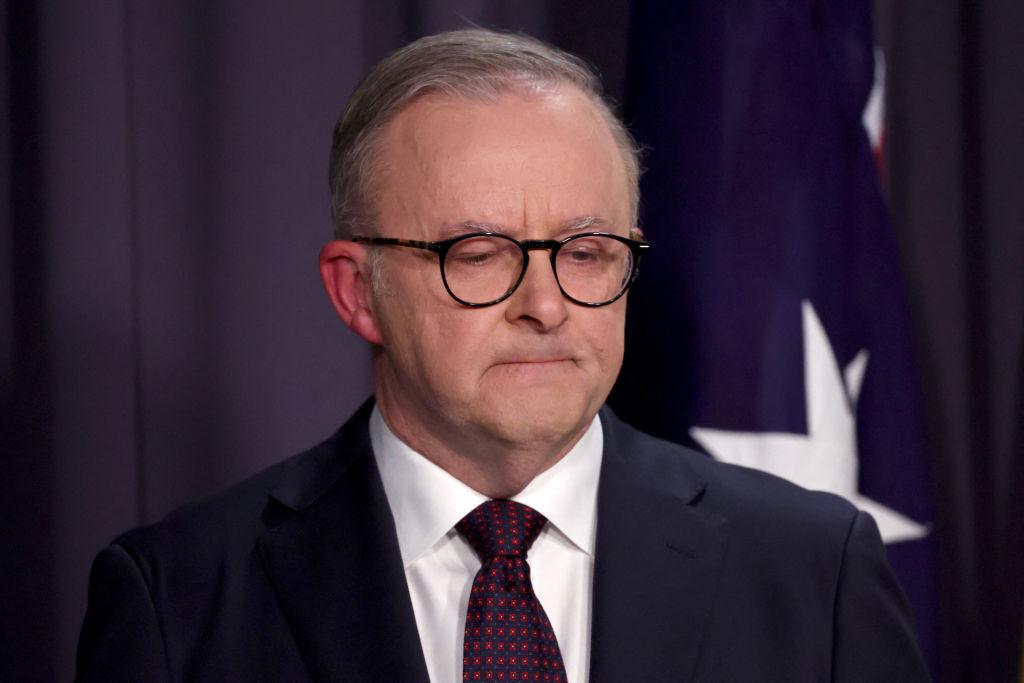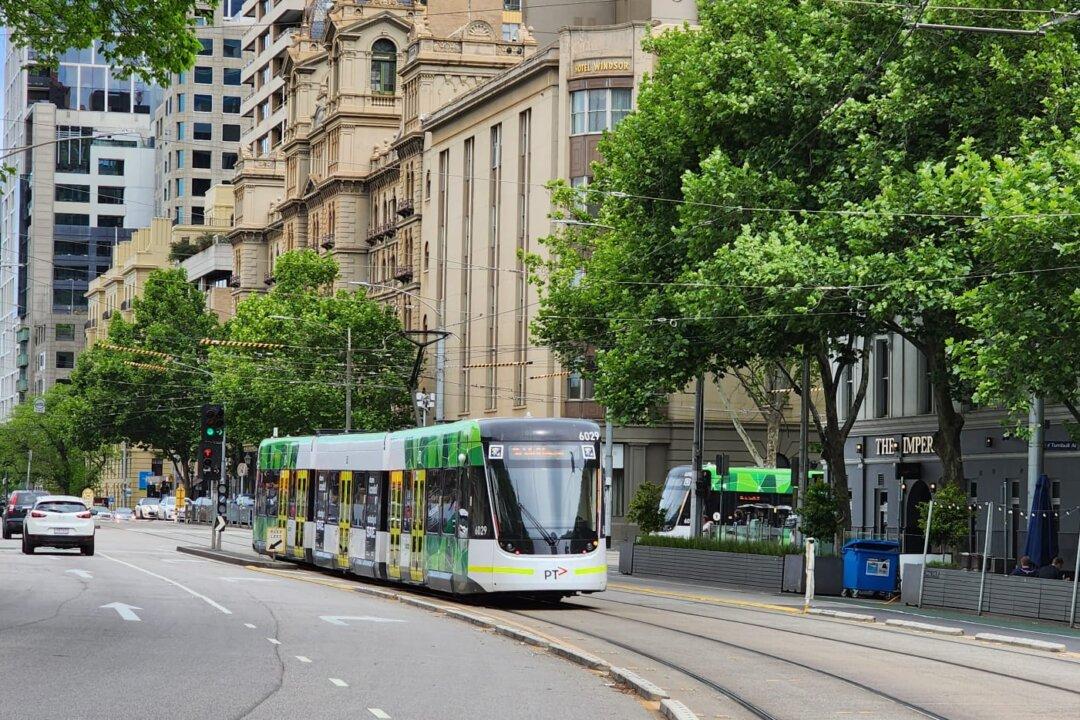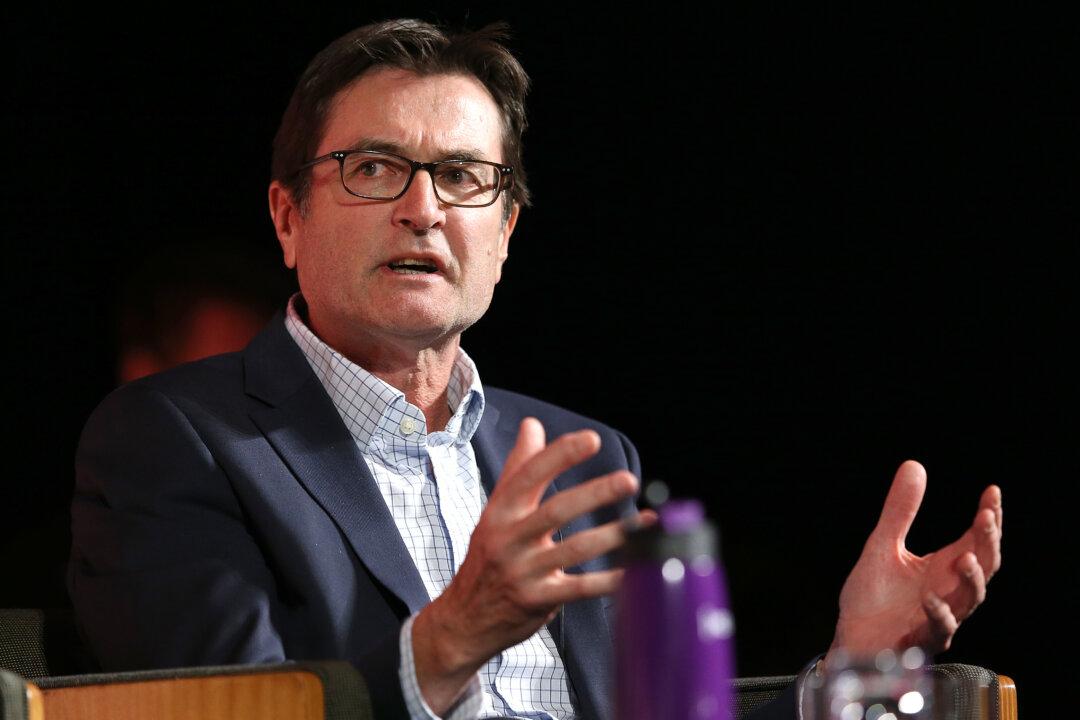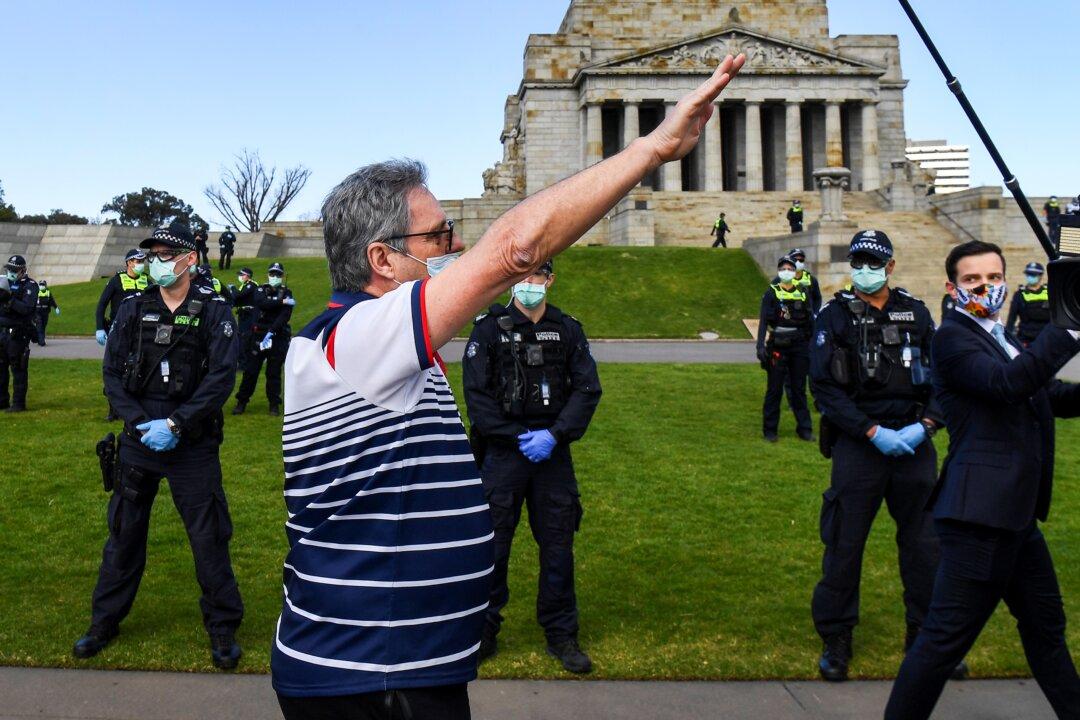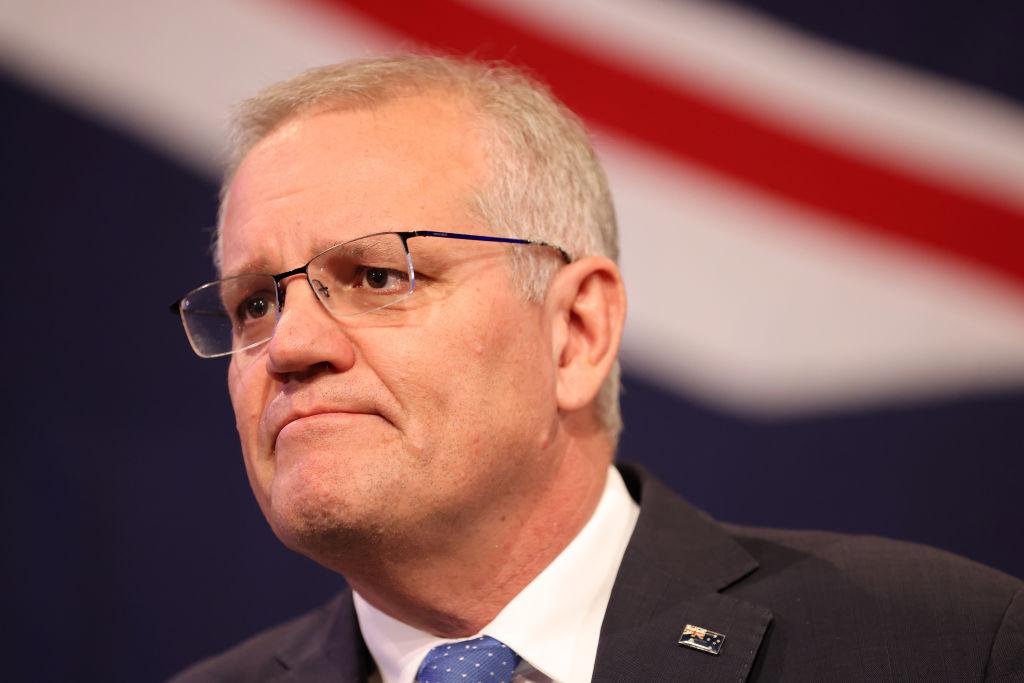The Albanese government is convening to discuss further action in addressing Indigenous disadvantage in Australia, potentially in the form of an interim mechanism from community leaders directly to the prime minister.
Following the defeat of the government’s proposal for an Indigenous Voice to Parliament at the ballot box on Saturday, Mr. Albanese and his colleagues are searching for alternative solutions and will deliberate on the matter today.
